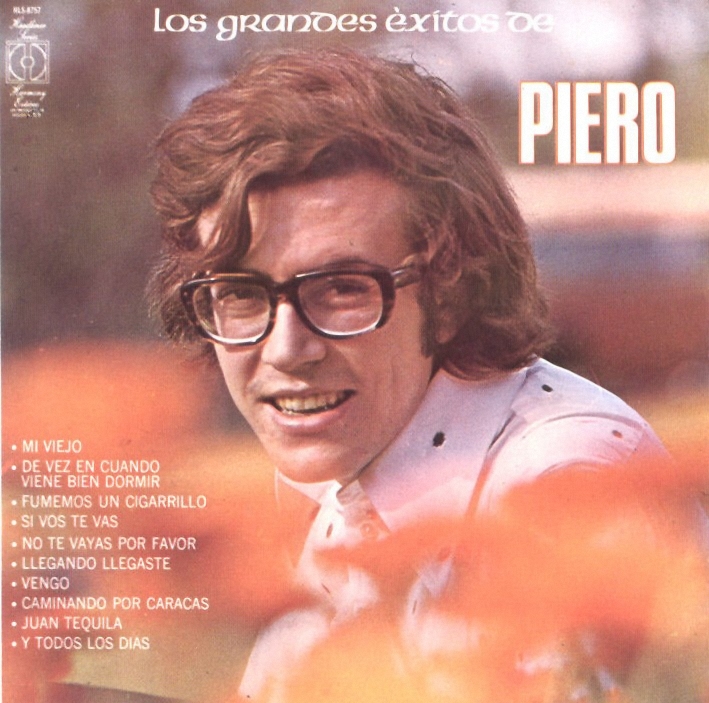Piero De Benedictis, known simply as Piero, was born on April 19, 1945, in Gallipoli, Italy, and later became a naturalized Argentine citizen. A singer-songwriter whose music transcends borders, Piero is celebrated for his poetic lyrics, poignant social commentary, and his role as a voice of protest during turbulent political times in Latin America. His timeless songs like Mi Viejo and Los Americanos have earned him a place in the hearts of millions, blending folk, pop, and protest music into a powerful artistic legacy.
From Italy to Argentina: A Life in Song
Piero immigrated to Argentina as a child, where he discovered a love for music and began performing at a young age. His career took off in the 1960s when his heartfelt lyrics and socially conscious themes struck a chord with listeners. Songs like Mi Viejo, a touching tribute to his father, showcased his ability to weave deeply personal emotions into universal experiences.

The Voice of a Generation
As political unrest gripped Latin America in the 1970s, Piero became a symbol of resistance and hope. His music, often critical of authoritarian regimes and injustice, earned him widespread acclaim but also led to exile due to his outspoken views. During this time, his work gained even greater resonance as anthems for freedom and equality across the continent.
A Lasting Impact
Piero returned to Argentina in the 1980s, where he continued to write and perform, solidifying his status as one of the most influential figures in Latin American music. Beyond his music, he has been a dedicated activist, using his platform to support education and social development projects throughout the region.
Celebrating Piero
Decades after his career began, Piero remains a vital figure in Latin music, an artist whose songs bridge the personal and the political. His legacy is not just one of beautiful melodies, but of a profound commitment to using art as a catalyst for change and reflection.




